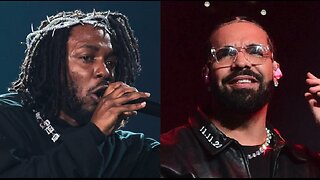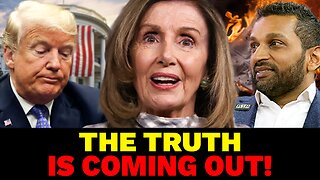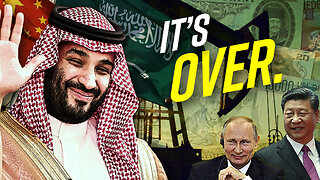The Rise of Xi Jinping, explained
Xi Jinping, president of China and general secretary of the
Chinese Communist Party since 2012, is one of the most
powerful political figures in the world. By initiating an
unprecedented third term as China's leader in Octobe,
2022, Xi has signaled that he may plan to remain in power
for life - making him the first Chinese leader since Mao
Zedong to hold unchecked power over the People's
Republic of China.
But Xi's connection to Mao goes deeper than a shared
outlook that emphasizes unifying the party around a single
leader. When Xi was just a young boy, his family - who had
held elite party status thanks to his father's pivotal role in
Mao's "Long March" in 1935 - was denounced during
Mao's Cultural Revolution, a chaotic decade of purges and
persecution that saw even Mao's closest allies removed
from power. During this time, a teenaged Xi was forced to
work hard labor in the countryside outside of Beijing, and
his father was imprisoned.
Xi's subsequent rise after Mao died in 1976 was a
methodical process in using his restored elite status as
leverage to gain prominent party positions in rural
provinces around China, culminating in his promotion to
the all-powerful Politburo Standing Committee of the
Chinese Communist Party in 2007.
From there, Xi pulled from Mao's playbook: purging his
political rivals and promoting those with whom he shared
close personal ties. This process undid the work of Mao's
successor, Deng Xiaoping, to prevent the consolidation of
power around a single leader in China.
By the time his third term began in October 2022, Xi had
reshaped the party and Chinese military leadership to be
fully packed with Xi loyalists. And even in the face of social
upheaval surrounding his failed Zero Covid policy, Xi has
shown no sign of giving up any of the power he has
consolidated since taking over as leader of the country.
Further reading:
These books and podcasts below helped us understand Xi
Jinping's rise, Xi's similarities to Mao, how politics changed
in the PRC since its founding, and the structure and culture
of the CCP:
-
 7:33
7:33
Chrissy Clark
9 hours agoANOTHER Anti-Conservative Political Persecution
13.2K5 -
 3:31:12
3:31:12
SNEAKO
6 hours agoSNEAKO X AKADEMIKS X ZHERKA
74.6K45 -
 2:22:57
2:22:57
Fresh and Fit
7 hours agoWhat Women THINK Men Want Debate w/ Girls
89.7K105 -
 3:31:00
3:31:00
GoodLawgic
6 hours agoThe Following Program: YSL Case EXPLODES When Defense Counsel Is JAILED
21.8K10 -
 8:20:15
8:20:15
Akademiks
11 hours agoYB sends message from Jail. Drake new song. Post Beef Report? Kendrick show in LA? YSL Trial wild!
112K17 -
 43:38
43:38
Bright Insight
16 hours agoYou Won’t Believe This Disturbing Gobekli Tepe Update
98.7K245 -
 18:06
18:06
Stephen Gardner
8 hours ago🔴Nancy Pelosi's lies FALL APART as J6 video confession LEAKS!!
39.1K127 -
 1:48:28
1:48:28
Kim Iversen
9 hours agoCourt Rules Covid Vaccines Are NOT Vaccines, Kim Listed On New Ukraine "Enemies List”
62.5K209 -
 1:11:45
1:11:45
Steve-O's Wild Ride! Podcast
4 days ago $0.19 earnedMarc Rebillet Is Out Of His Goddam Mind - Wild Ride #218
38.7K7 -
 27:43
27:43
Man in America
13 hours agoBREAKING: Saudis Officially END Petrodollar as BRICS Makes HUGE Announcement w/ Dr. Kirk Elliott
49.5K27